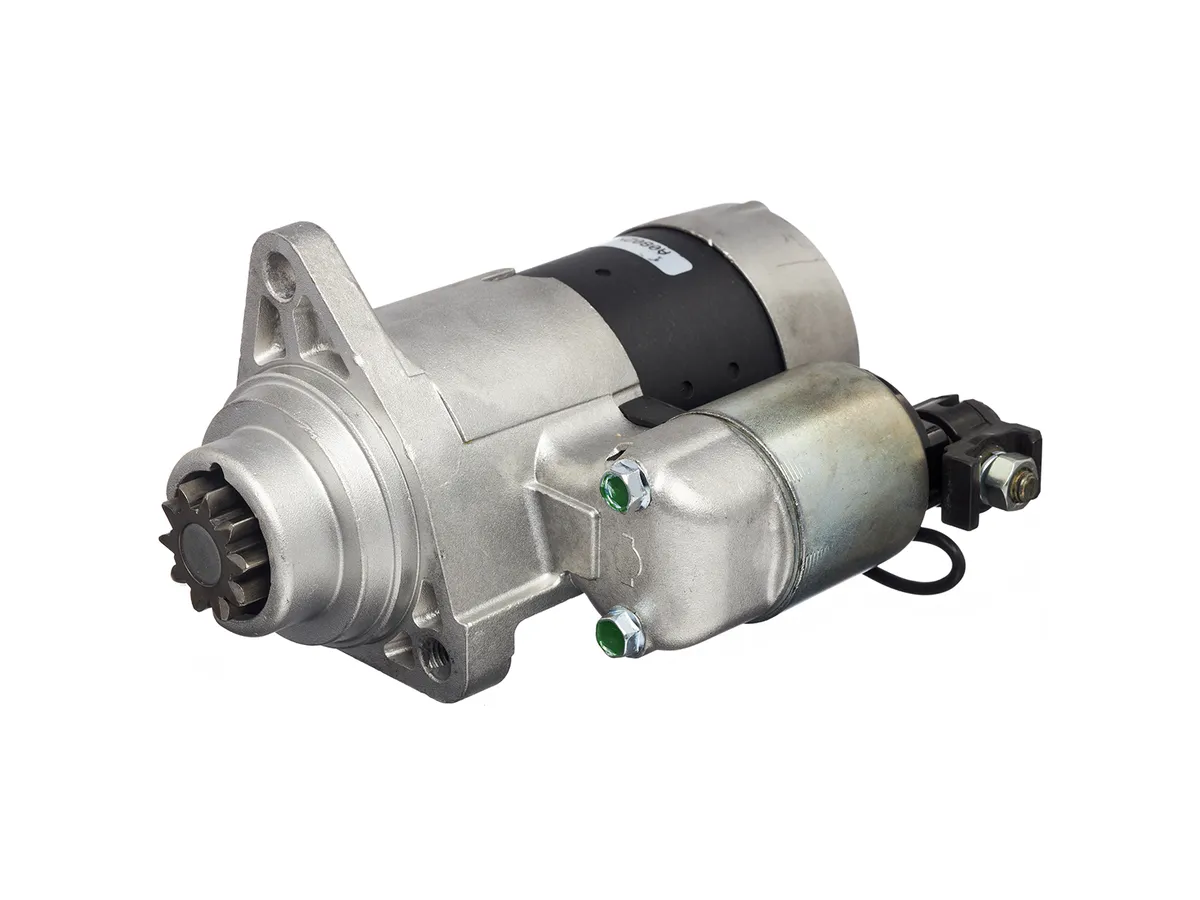When it comes to heat-intensive industrial and DIY applications, choosing a dependable adhesive is crucial to ensure both performance and durability. These applications often involve exposure to high temperatures, mechanical stress, and sometimes even harsh chemical environments. An ideal adhesive must maintain its structural integrity and bonding strength under such conditions, providing a reliable solution for varied needs like electronics assembly, automotive repairs, metal bonding, or even crafting projects. One of the most popular categories of adhesives for heat-intensive uses is epoxy-based adhesives. Epoxies are renowned for their thermal resistance, strength, and versatility. They can bond a wide range of materials, including metals, plastics, ceramics, and composites. High-temperature epoxy formulations are specifically designed to withstand extreme heat, often tolerating temperatures above 200°C 392°F. These adhesives cure to form a rigid and durable bond, making them ideal for applications such as bonding heat sinks, engine parts, or industrial machinery components.

Silicone adhesives are another excellent choice for applications requiring flexibility in addition to heat resistance. Silicone-based adhesives are prized for their ability to endure temperatures ranging from -60°C to 300°C -76°F to 572°F. They retain their elasticity even after prolonged exposure to extreme conditions, which is particularly valuable in applications that experience thermal cycling or vibrations. These adhesives are often used in sealing gaps, bonding glass or ceramics, and protecting electronic components from heat and moisture. For DIY enthusiasts, Hittebestendige lijm high-temperature hot melt adhesives offer a convenient and effective solution for a variety of projects. These adhesives come in stick form and are applied using a hot glue gun. While they may not have the extreme heat resistance of industrial-grade adhesives, many formulations can tolerate temperatures up to 120°C 248°F, making them suitable for moderate heat applications. They are commonly used for quick repairs, crafts, and lightweight bonding tasks.
Another dependable option for heat-intensive bonding is cyanoacrylate adhesives, often known as super glues, when formulated with heat-resistant additives. These adhesives cure rapidly and form strong bonds, particularly on small surfaces. While standard cyanoacrylates may degrade under high temperatures, specialized heat-resistant variants can handle intermittent exposure to heat, making them suitable for applications like sealing minor cracks in high-heat environments. When selecting an adhesive, it is essential to consider not only the temperature resistance but also the compatibility with the materials being bonded and the environmental conditions. For instance, adhesives used in outdoor applications may need additional resistance to UV rays, moisture, or chemicals. Proper surface preparation is also critical; ensuring that surfaces are clean, dry, and free of contaminants can significantly enhance the bonding performance and longevity of the adhesive. High-temperature epoxies, silicone adhesives, hot melt options and specialized cyanoacrylates each offer unique advantages depending on the context.
